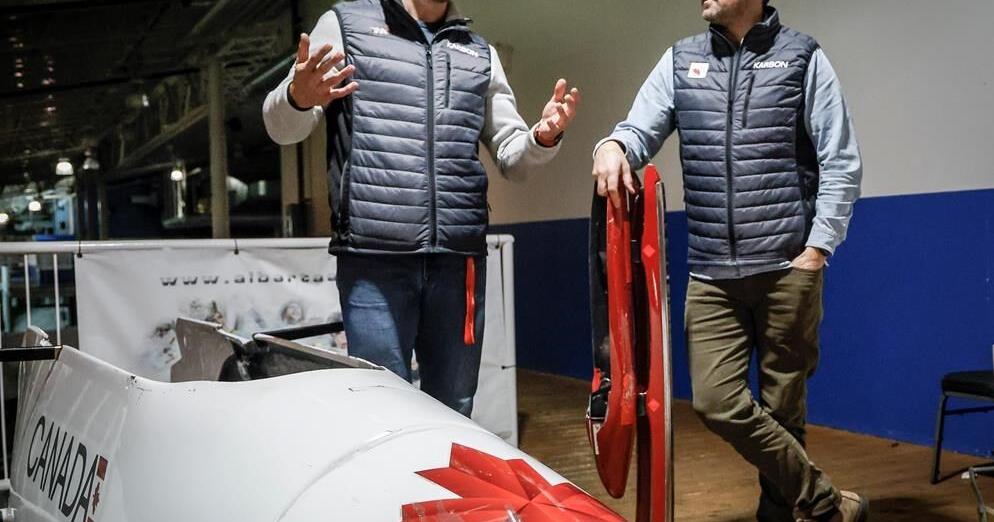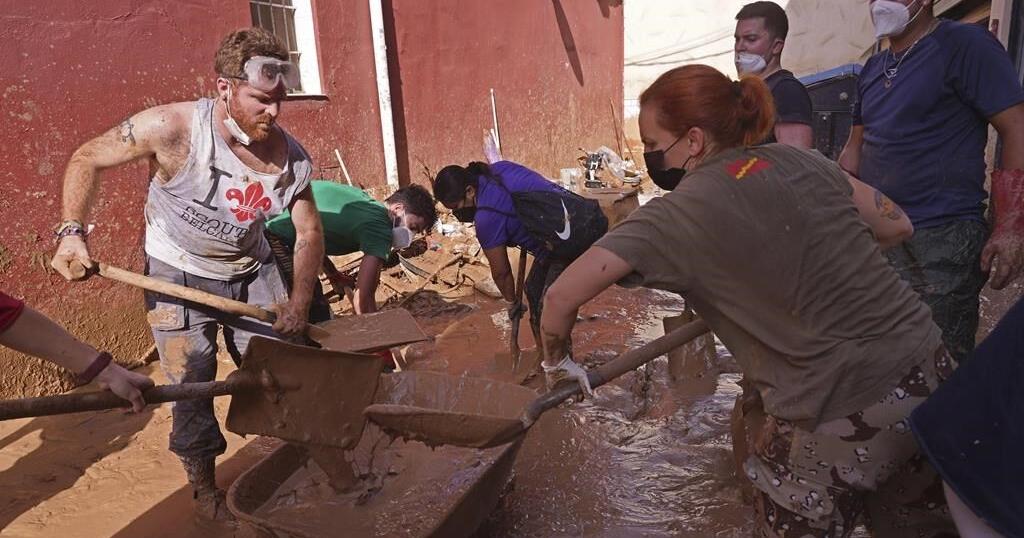GREAT FALLS, Mont. (AP) — An 81-year-old Montana man was sentenced Monday to six months in federal prison for illegally using tissue and testicles from large sheep hunted in Central Asia and the U.S. to create hybrid sheep for captive trophy hunting in Texas and Minnesota.
U.S. District Court Judge Brian Morris said he struggled to come up with a sentence for Arthur “Jack” Schubarth of Vaughn, Montana. He said he weighed Schubarth’s age and lack of a criminal record with a sentence that would deter anyone else from trying to “change the genetic makeup of the creatures” on the earth.
Morris also fined Schubarth $20,000 and ordered him to make a $4,000 payment to the U.S. Fish and Wildlife Foundation. Schubarth will be allowed to self-report to a Bureau of Prisons medical facility.
“I will have to work the rest of my life to repair everything I’ve done,” Schubarth told the judge just before sentencing.
Schubarth’s attorney, Jason Holden, said cloning the giant Marco Polo sheep hunted in Kyrgyzstan in 2013 has ruined his client’s “life, reputation and family.”
“I think this has broken him,” Holden said.
Holden, in seeking a probationary sentence, argued that Schubarth was a hard-working man who has always cared for animals and did something that no one else could have done in cloning the giant sheep, which he named Montana Mountain King or MMK.
The animal has been confiscated by U.S. Fish and Wildlife Services and is being held in an accredited facility until it can be transferred to a zoo, said Richard Bare, a special agent with the wildlife service.
Sarah Brown, an attorney with the U.S. Department of Justice, had asked that Schubarth be sentenced to prison, saying his illegal breeding operation was widespread, involved other states and endangered the health of other wildlife. The crime involved forethought, was complex and involved many illegal acts, she said.
Schubarth owns Sun River Enterprises LLC, a 215-acre (87-hectare) alternative livestock ranch, which buys, sells and breeds “alternative livestock” such as mountain sheep, mountain goats and ungulates, primarily for private hunting preserves, where people shoot captive trophy game animals for a fee, prosecutors said. He had been in the game farm business since 1987, Schubarth said.
Schubarth pleaded guilty in March to charges that he and five other people conspired to use tissue from a Marco Polo sheep illegally brought into the U.S. to clone that animal and then use the clone and its descendants to create a larger, hybrid species of sheep that would be more valuable for captive hunting operations.
Marco Polo sheep are the largest in the world, can weigh 300 pounds (136 kilograms) and have curled horns up to 5 feet (1.5 meters) long, court records said.
Schubarth sold semen from MMK along with hybrid sheep to three people in Texas, while a Minnesota resident brought 74 sheep to Schubarth’s ranch for them to be inseminated at various times during the conspiracy, court records said. Schubarth sold one direct offspring from MMK for $10,000 and other sheep with lesser MMK genetics for smaller amounts.
The total value of the animals involved was greater than $250,000 but less than $550,000, prosecutors said. Hybrid sheep were also sold to people in Alabama, Arkansas, Kansas, Missouri, Nebraska, Ohio, Oregon, South Dakota and West Virginia, prosecutors said.
In October 2019, court records said, Schubarth paid a hunting guide $400 for the testicles of a trophy-sized Rocky Mountain bighorn sheep that had been harvested in Montana and then extracted and sold the semen, court records said.
Sheep breeds that are not allowed in Montana were brought into the state as part of the conspiracy, including 43 sheep from Texas, prosecutors said.
“You were so focused on getting around those rules you got off track,” Morris said.
Holden sought reduced restitution, saying Schubarth fed and cared for the hybrid sheep on his ranch until they could be slaughtered and the meat donated to a food bank. The remaining hybrid sheep with Marco Polo DNA on his ranch must be sent to slaughter by the end of the year with the meat also being donated, Morris said. Morris gave Schubarth until December 2025 to sell his Rocky Mountain bighorn hybrid sheep.
Schubarth will not be allowed to breed game stock during the three years he is on probation, Morris said.
The five co-conspirators were not named in court records, but Schubarth’s plea agreement requires him to cooperate fully with prosecutors and testify if called to do so. The case is still being investigated, Montana wildlife officials said.
Schubarth, in a letter attached to the sentencing memo, said he becomes extremely passionate about any project he takes on, including his “sheep project,” and is ashamed of his actions.
“I got my normal mindset clouded by my enthusiasm and looked for any grey area in the law to make the best sheep I could for this sheep industry,” he wrote. “My family has never been broke, but we are now.”

























